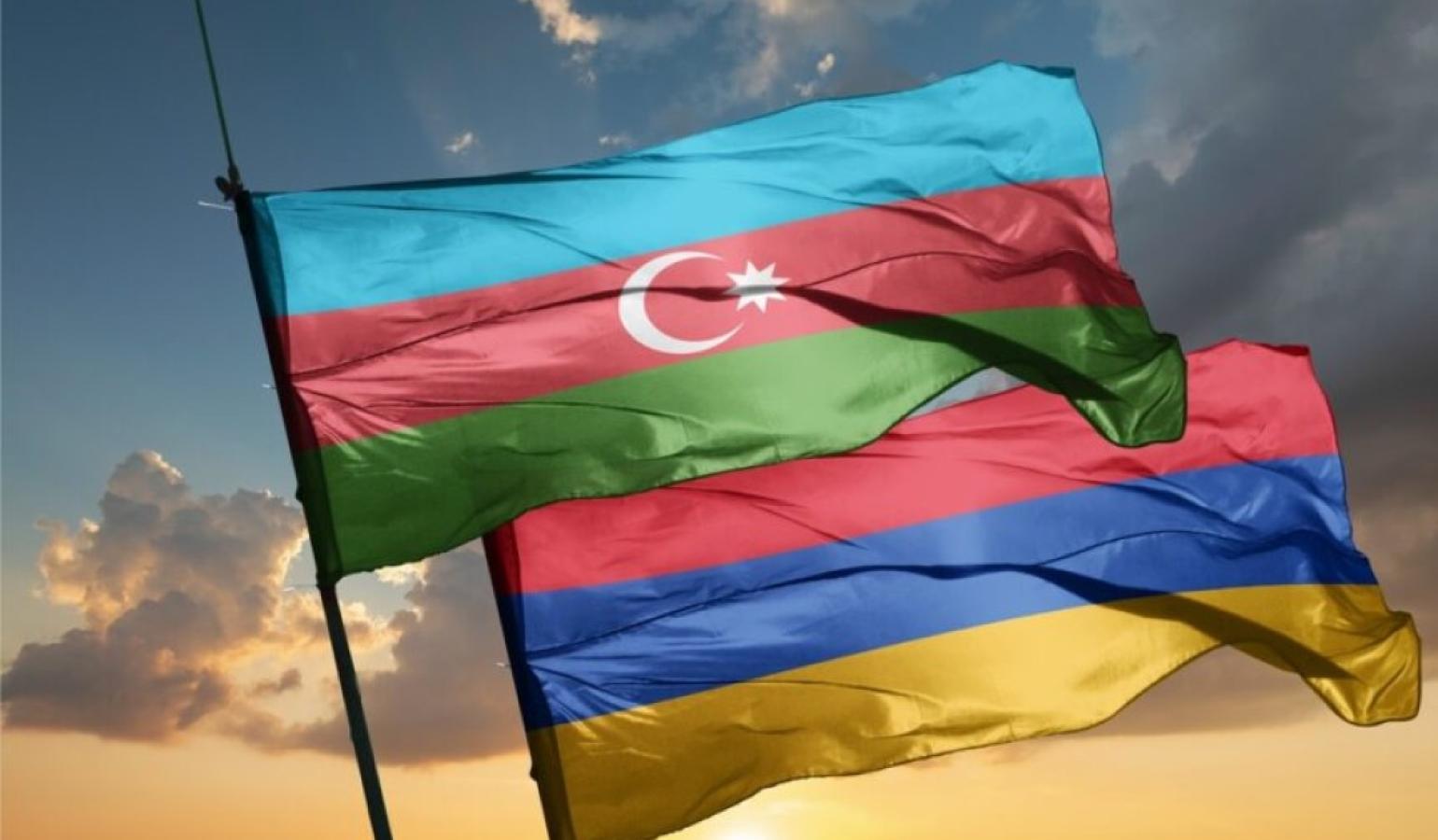
“The cessation of the activities of the International Committee of the Red Cross in Azerbaijan is a development leading to a crisis,” said Siranush Sahakyan, director of the Center for International and Comparative Law, in an interview with Civilnet, emphasizing that in many conflicts, hostile states tolerate the activities of the International Committee of the Red Cross, and in this regard, the closure of the ICRC in Azerbaijan is an extraordinary development.
The International Humanitarian Committee ceased its activities in Azerbaijan on September 3, but before that, it was able to carry out its last visit only in June, and the last packages sent by families were also delivered during the last visit. “After that, no independent international monitoring mechanism has been able to enter closed institutions in Azerbaijan, meet with Armenians, conduct direct observations, check and make sure that they are alive, have no physical injuries and are in a tolerable, stable psychological state. These circumstances are no longer verifiable, and this gap is full of dangers,” said the human rights defender.
The dangers are diverse: there are great risks of being tortured, hiding their tracks, and operating in an atmosphere of impunity. Such cases have occurred before, but, according to Sahakyan, they have been mitigated against the backdrop of visits by the Red Cross. The human rights defender also spoke about the unconfirmed cases of 80 captives: “There are suspicions that these captives were killed as a result of torture in closed institutions. In the case of 80 captives, we have serious combined evidence in the form of videos, eyewitness accounts, and photographs. In other words, Azerbaijan cannot deny the fact that these people were captured. There are confirmed cases, they were killed during captivity, and there are ongoing court cases in this regard, we are also conducting more than a dozen cases that relate to the murders of captives.”
Months ago, Siranush Sahakyan applied to the Ministry of Foreign Affairs and inquired whether the Armenian Foreign Ministry had applied to a third party to ensure visits with their involvement. According to Sahakyan, the Ministry of Foreign Affairs responded that the issue was being discussed. “That is, the Ministry of Foreign Affairs was at least willing to discuss the possibility of visiting its citizens through third countries. We have not received any details of the discussions, allegedly on the grounds that they are confidential, which I do not accept, but this is the formal response that was provided. Apparently, the discussions did not yield positive results. I think that if the discussions had resulted in a “bold decision” to protect an RA citizen in Azerbaijan, the Ministry of Foreign Affairs would have taken steps in this regard. And the step should have been an official application to a country, and, I think, the discussions could have taken place exclusively around the issue of choosing a country. It is unacceptable for me that the Republic of Armenia can discuss whether to protect an RA citizen in a vulnerable situation in a foreign country or not. Every state has that constitutional duty, and I think proud citizens can expect that in any situation where they find themselves outside their country of citizenship and are faced with closed institutions or restrictions on their rights, they should feel the strength of the presence of the Republic of Armenia,” said Sahakyan reminding that this mechanism can only be activated by the state, the Republic of Armenia. It cannot be activated by non-governmental organizations or family members of prisoners.
"Without resolving the issue of the POWs, it is even shameful to talk about peace. If human suffering is intentionally caused to any ethnic group, then all the talk that there can be coexistence between these societies is in vain," Sahakyan is convinced. In her opinion, if the return of the POWs takes place without conditions, the level of trust in the peace process will significantly increase among the public, and citizens will have well-founded hopes that real peace can happen. In other words, the return of the POWs should be considered as a prerequisite, a prerequisite for establishing peace, without which this process cannot be credible.
In conclusion, Siranush Sahakyan says that the state should urgently exercise the right of consular visits without lengthy discussions. The international community should consolidate and intensify pressure to ensure an international presence in Azerbaijan, and countermeasures should be taken against all developments that ultimately result in international organizations leaving the country. “In order for Azerbaijan to reconsider its behavior in political, trade, financial and other spheres, I believe that an important measure in these conditions is the application of sanctions, and the Republic of Armenia should sharply increase its consistency in legal processes,” said Sahakyan in an interview with Civilnet.